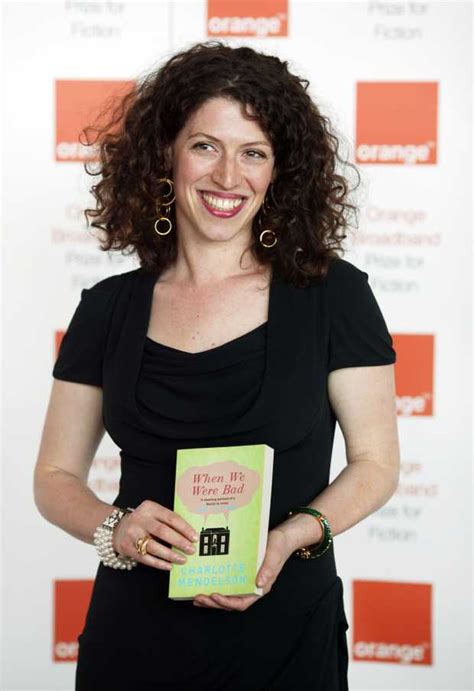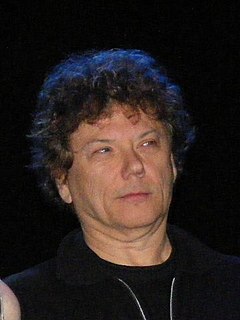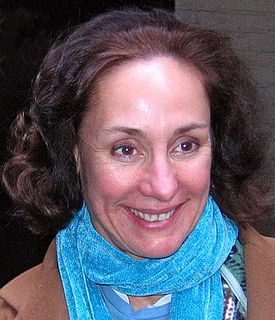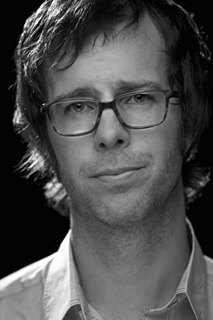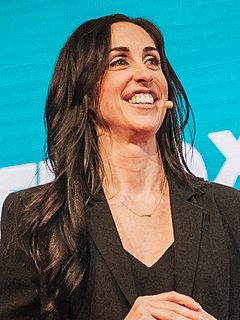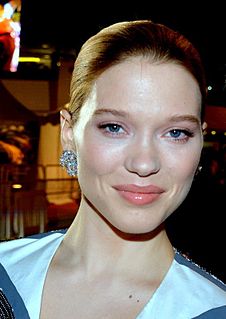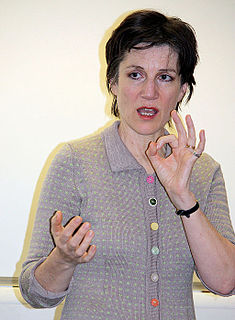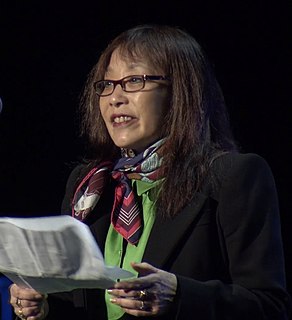A Quote by Charlotte Mendelson
Show me a novelist – or, indeed, a reader – who wasn’t a socially awkward, self-conscious adolescent, prone to clumsiness and excessive reading and I’ll… well, I’ll probably bang my shoulder on the door frame as I storm out. Many of the most unforgettable female fictional protagonists are gauche, self-doubting, plain and think too much.
Quote Topics
Related Quotes
I think most interesting people are socially awkward even if they're able to hide it most of the time. If Henry Darger hadn't been a shut-in would we love him so much? Any act that we do in private is amazing and profound because it is private. You don't have to worry about being socially awkward in the privacy of your own home... well, unless I show up.
I want to say that what is cool about writing self-aware first person narrative is that the awareness is not necessarily the same awareness of the reader. I have a story coming out in the Paris Review and it's about a hipster. He think's he's self-aware, he's very introspective and analytical, but when you're reading it you can totally see through his self-analysis because you have a higher awareness than he does. I like playing with that too.
